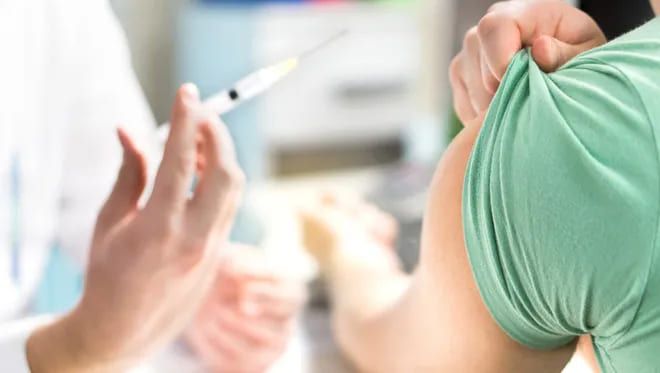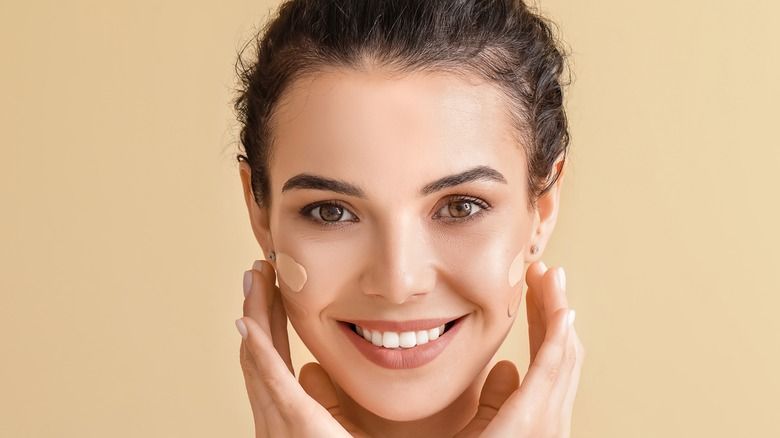Human Papillomavirus (HPV) is a very general sexually transferred contamination across the globe, influencing men and women the same. The discussion surrounding HPV vaccination has been largely focused on women — and for good reason given how strongly the virus is associated with cervical cancer — but the question of whether men also need to be vaccinated is equally critical. The quick fix is indeed, fellas need to be vaccinated against HPV not just to defend themselves however to help in the bigger span of public health and wellbeing in the decrease of HPV related ailments.
A Brief Guide to Construction Jobs

Historically, vaccinations campaigns focused on young women, as cervical cancer is the best-known consequence of HPV infection. But men are just as susceptible to HPV and can develop serious health complications. For instance, HPV is related to about 70 percent of oral cancer which is more common among males than females.
And HPV is very contagious, it can be spread by face-to-face interaction, therefore, the man who haven’t gotten the vaccination can infect a woman even though she has gotten the vaccination. When you vaccinate both genders the amount of the virus circulating in the population falls thus providing some indirect protection for the unvaccinated, including immunocompromised people. Australia and other countries that employ gender-neutral immunization programs for HPV vaccination have shown substantial decreases in conditions associated with HPV, including genital warts and precancerous lesions, highlighting the impact of getting large portions of the population vaccinated.
Although evidence of the health benefits of HPV vaccination continues to mount, rates of vaccination among men remain lower than between women across the globe. One is the persistent misconception that HPV is only a women’s health problem. Many men are unaware that they can catch and transmit the virus or that it can cause severe health problems. Moreover, societal stigmas around sexual health and vaccines can dissuade men from seeking preventive care. This is where public health campaigns can help redress the balance; education is key here, as men also face HPV risks, and vaccination protects the wider community.
The HPV vaccine is safe, effective, and recommended for boys and young men. Health Organizations such as the World Health Organization (WHO) and the Centers for Disease Control and Prevention (CDC) advise immunizing boys 9 to 12 years old, with catch-up vaccinations to 26 years old. Some men ages 27 to 45 might also be eligible to receive the vaccine, and should discuss it with their doctor. It works best in those younger than 18 with no previous exposure to the virus, the vaccine is a defensive measure before one has been exposed to the virus through sexual contact. But even people who have been sexually active can benefit, because they may not have been exposed to all of the HPV types included in the vaccine.
Aside from the benefits to the individual, male HPV vaccination also benefits economically. HPV-related cancers and genital warts are a considerable burden to health care systems. Vaccination prevents those illnesses, reducing the number of people who need to be treated and the number who’d be off sick with a prolonged illness, thus reducing medical costs and increasing productivity. Research indicates the economic case for vaccinating boys compared to the cost of cancer treatment, and the psychological effects on patients and their families.
Overall, Men absolutely should get the HPV vaccine. The idea that HPV is solely a woman’s disease is obsolete and overlooks the significant threats posed to men, from cancers to genital warts. Immunizing men safeguards not only their own health, but also generates herd immunity, thereby lowering the overall burden of virus in the population. The goal of eliminating HPV-related diseases becomes less insurmountable as public awareness increases and vaccination rates improve. This powerful tool of modern medicine can and should be used by everyone, female and male, to save lives and ensure a sustained future of health.


Guess you like
-

Suntory Introduced Black Bean Tea: A New Addition to Its Premium Beverage Line
-

Best Makeup Foundations for Flawless and Radiant Skin
-

The Coziest Holiday Product: The Fair Isle Sweater
-

From a California Burger to World’s Largest Fast Food Restaurant
-

2024 FoodTech 500 List Was Published Recently
-

Vacation Package For Seniors: Relaxation, Adventure and Comfort
Trending
-
1

Kim Kardashian vs. Kylie Jenner: A Deep Dive Into Which Beauty Empire Deserves Your Money
-
2

Finding the Perfect Foundation for Students: Gentle, Affordable, and Skin-Friendly Options
-
3

Avoid These Kylie Cosmetics Products: A Honest Review
-
4

Why Has Dior 999 Remained an Iconic Lipstick for Decades
-
5

Why Can Chanel No. 5 Endure Forever Among So Many Perfumes
-
6

Best Makeup Foundations for Flawless and Radiant Skin
Featured?Articles
-

Kim Kardashian vs. Kylie Jenner: A Deep Dive Into Which Beauty Empire Deserves Your Money
-

Finding the Perfect Foundation for Students: Gentle, Affordable, and Skin-Friendly Options
-

Avoid These Kylie Cosmetics Products: A Honest Review
-

Why Has Dior 999 Remained an Iconic Lipstick for Decades
-

Why Can Chanel No. 5 Endure Forever Among So Many Perfumes
-

Best Makeup Foundations for Flawless and Radiant Skin


